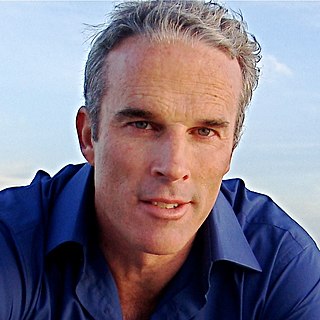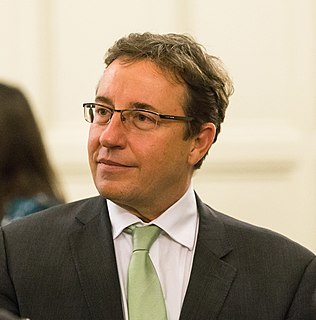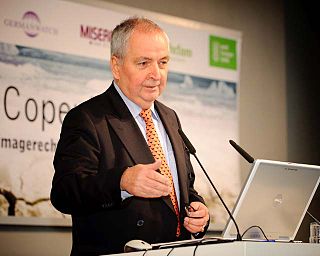A Quote by David Suzuki
With the world's human population now at seven billion and growing, and the demand for technology and modern conveniences increasing, we can't control all our negative impacts. But we have to find better ways to live within the limits nature and its cycles impose.
Related Quotes
It must be acknowledged that an increasing proportion of the world's population is living in cities, in almost completely human-made environments. But we should also acknowledge that there are still a considerable number of people who wish to live in harmony with nature, and that globalization has made their ways of life increasing difficult to sustain.
Throughout all of human history we have consumed the natural world. All creatures do. Birds do. Fish do. Earthworms do. We consume the natural world as a source of our survival. But no creature has ever consumed at the scale that humans have, and now there are seven billion of us. I think the good news is that a large percentage of those seven billion minds can work to make better decisions.
Technology is neutral and sterile. Now, technology is the nature of modern man; it is our environment and our horizon. Of course, every work of man is a negation of nature, but at the same time, it is a bridge between nature and us. Technology changes nature in a more radical and decisive manner: it throws it out.
The Planetary Regime might be given responsibility for determining the optimum population for the world and for each region and for arbitrating various countries’ shares within their regional limits. Control of population size might remain the responsibility of each government, but the Regime would have some power to enforce the agreed limits.
Extrapolated, technology wants what life wants:
Increasing efficiency
Increasing opportunity
Increasing emergence
Increasing complexity
Increasing diversity
Increasing specialization
Increasing ubiquity
Increasing freedom
Increasing mutualism
Increasing beauty
Increasing sentience
Increasing structure
Increasing evolvability
Within your culture as a whole, there is in fact no significant thrust toward global population control. The point to see is that there never will be such a thrust so long as you're enacting a story that says the gods made the world for man. For as long as you enact that story, Mother Culture will demand increased food production today- and promise population control tomorrow.




































